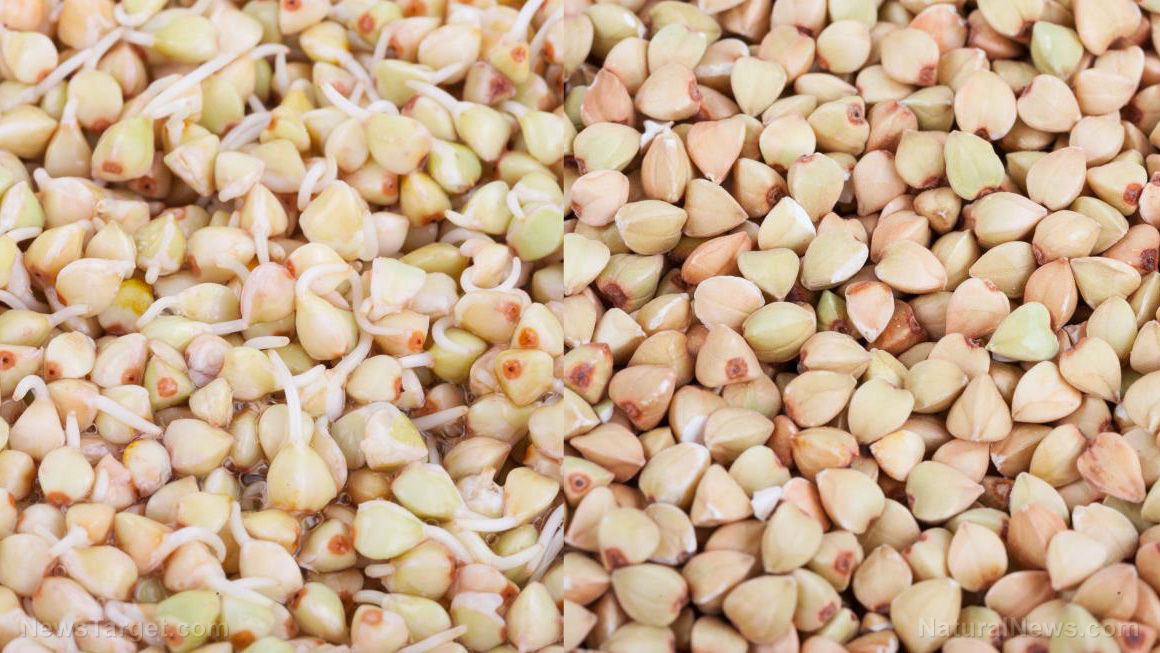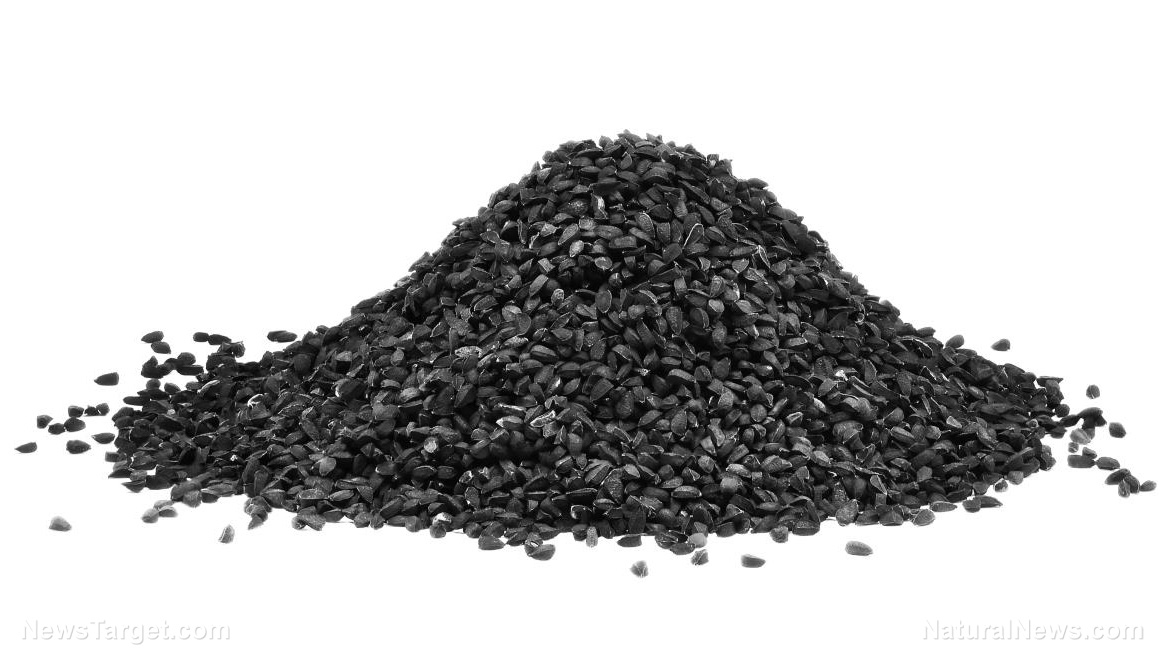Cardiac injury caused by chemotherapy drug can be reduced with extracts from the acacia tree
09/26/2018 / By RJ Jhonson

Doxorubicin (DOX), a chemotherapy drug, is known to cause cardiac injury by increasing oxidative stress on the heart. In a study published in BMC Complementary and Alternative Medicine, researchers examined if extracts from Acacia hydaspica R. Parker (AHE), a type of acacia common in India and Pakistan, can be used to attenuate drug-induced cardiac injury.
- The researchers took a rat model and divided it into six groups:
- The control group received saline solution.
- The second group (DOX-treated) received three milligrams per kilogram (mg/kg) of DOX once daily.
- The third group (AHE-treated) was treated with one dose of 400 mg/kg AHE.
- The fourth (DOX + AHE 200 mg/kg) and fifth (DOX + AHE 400 mg/kg) groups received 200 and 400 mg/kg, respectively, and an injection of DOX every day.
- The final group (DOX + silymarin) received two doses of 100 mg/kg silymarin and an injection of DOX.
- The treatment was given for six weeks.
- The researchers took note of several factors and parameters in terms of cardiac function, hematological parameters, cardiac tissue antioxidant enzymatic status and oxidative stress markers, and histopathological analysis.
- Administering with DOX was noted to have decreased cardiac function while raising oxidative stress. Other effects of the treatment included severe morphological lesions, leucopenia, a decrease in red blood cell counts and hemoglobin concentrations.
- Treatment with AHE prevented myocardial injury and restored hematological parameters. The protective effects of the 400 mg/kg dosage were compared to that of silymarin.
The researchers were convinced that AHE was able to attenuate damage caused by DOX. They believe their research will make way for safer and more effective combination treatments for cancer.
Read the full text of the study at this link.
Read about natural cancer treatments at Cancer.news.
Journal Reference:
Afsar T, Razak S, Batoo KM, Khan MR. ACACIA HYDASPICA R. PARKER PREVENTS DOXORUBICIN-INDUCED CARDIAC INJURY BY ATTENUATION OF OXIDATIVE STRESS AND STRUCTURAL CARDIOMYOCYTE ALTERATIONS IN RATS. BMC Complementary and Alternative Medicine. 29 December 2017;17(1). DOI: 10.1186/s12906-017-2061-0
Tagged Under:


















